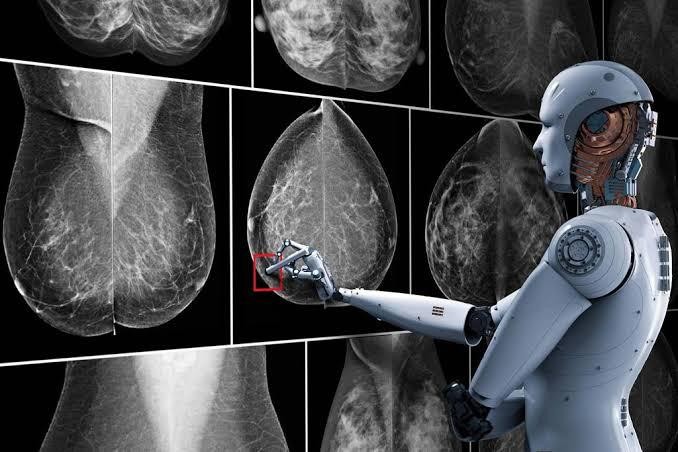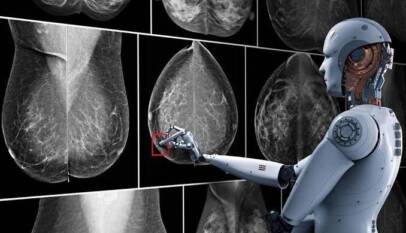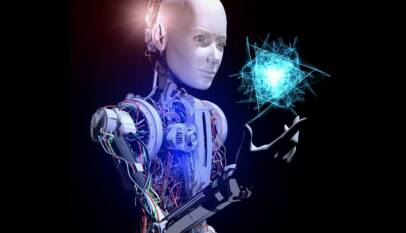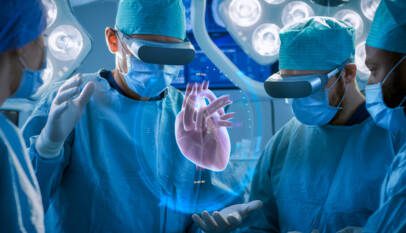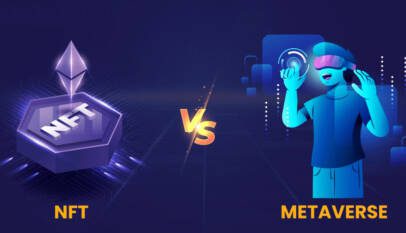Artificial Intelligence’s Role in Cancer Diagnosis
Cancer research, one of the most frequent and dangerous diseases of our day, is gaining traction every day. Newly developed chemotherapeutic medications, intelligent patient follow-up systems, telemedicine services, and cutting-edge surgical technologies… Investors are aware that the discipline of oncology, which conducts cancer research, has evolved not only technically and technologically, but has also become a multibillion-dollar industry. According to World Health Organization figures for 2021, while 19.2 million new cancer cases were discovered globally in that year, 9.9 million people died because of the disease. Cancer affects one out of every five people until they reach the age of 75, and one out of every ten people will die from it. Lung, breast, and colorectal cancers, which are the most common cancer types in the globe and in our country, have many commonalities. With the rise in the world population, aging, and exposure to risk factors that might lead to cancer, it is projected that both the number of cancer cases diagnosed, and the economic, sociological, and psychological cost of the disease would rise in the future years.
Cancer, like many other diseases, benefits greatly from early detection. A substantial percentage of cancer cases that are not recognized early might result in mortality, and the doctor who diagnoses the illness plays a critical role in this. My father died of cancer years ago, and it was too late when the sickness was identified because my father’s cancer progress had escaped the doctor’s notice. I am a computer engineer student who is interested in medical artificial intelligence software. My main objective in this subject is to reduce misdiagnoses, prevent misdiagnoses like my father did years ago, and build software that will help doctors diagnose in this area more easily. So, how good is artificial intelligence in detecting cancer? Why is it so critical to use artificial intelligence in the fight against cancer, which even the best doctors have trouble diagnosing from time to time? We are all human, and we are all capable of making mistakes, regardless of how far we have progressed in a subject. When it comes to diagnosing a disease like cancer, which can manifest itself in a variety of ways based on several factors, the risk of making a mistake is extremely high. We can better comprehend why we wish to profit from artificial intelligence in the diagnosis of such a crucial disease if we compare human intelligence with artificial intelligence. Artificial intelligence works based on a collection of preprogrammed configurations to generate correct results. Human intelligence, on the other hand, has the capacity to overlook some details. The “margin of error” based on human intelligence enters the
picture at this point. Furthermore, with artificial intelligence, the subjective ideas that affect human intelligence in the decision-making process are not in doubt. Artificial intelligence does data analysis and acts objectively in the decision-making process. Because the margin of error is lower than that of humans, it has been observed that high accuracy values are produced in a variety of fields.
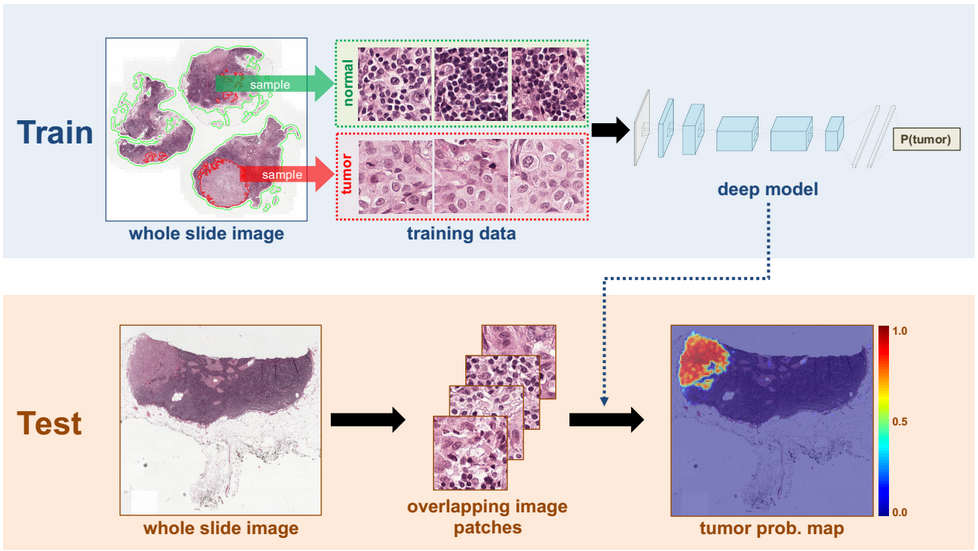
Let’s look at how effective artificial intelligence is at medical diagnosis and why it could become one of the most essential medical assistants soon. The artificial intelligence system, which was developed in collaboration with experts from Germany, France, and the United States, was able to detect skin cancer more accurately than dermatologists. Based on images of skin lesions, an artificial intelligence system dubbed multilayer artificial neural networks recognized skin cancer with 95% accuracy in the study. The success rate of 58 dermatologists remained same at 87%.
According to an 2020 article, an artificial intelligence system may diagnose breast cancer just as well as expert radiologists. Using the genuine findings of hundreds of mammograms, scientists taught Google’s artificial intelligence to diagnose breast cancer. The AI’s performance in the clinical setting was then evaluated using 25,000 scan data from the UK and around 4,000 from the US. The mistake rate in diagnosis was shown to have dropped by 9% because of these testing. Many more findings like these demonstrate the diagnostic efficacy of artificial intelligence on various cancer kinds. It is undeniable that this type of software, which arose from the merging of computer and medical disciplines, has saved and will continue to save many cancer patients’ lives through early detection.
Artificial Intelligence Based Voice Health Assistant: Albert Health
Chronic patients can live a simpler everyday life thanks to the Albert Health application,…

